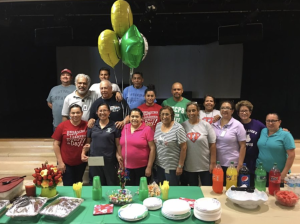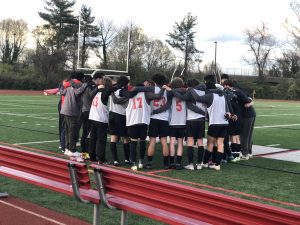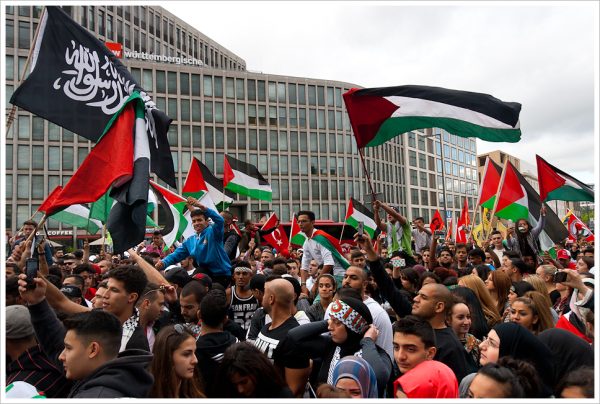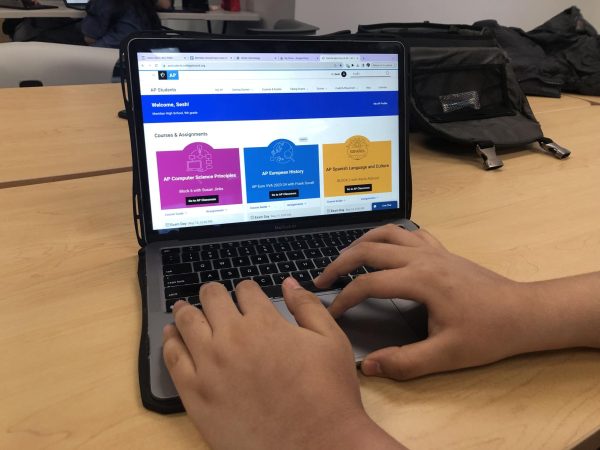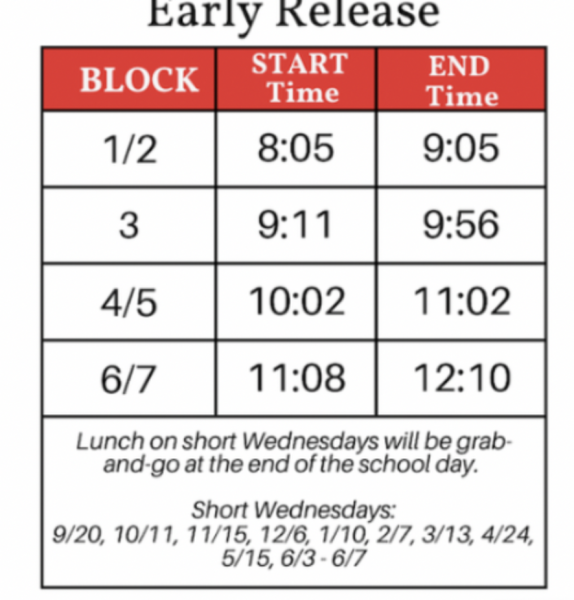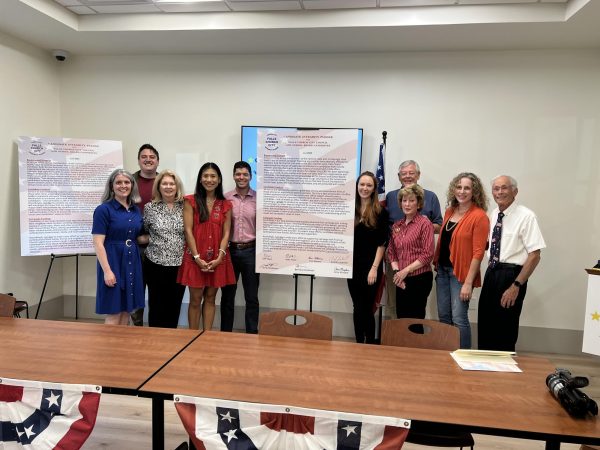We need excused absences for civic engagement
May 16, 2019
In the year since a shooter killed 17 students at Marjory Stoneman Douglas High School, students have increasingly taken on the role of advocates. Mason now has a Students Demand Action club. We had a walk-out and a chalk-out. Mason students attended the DC March for Our Lives.
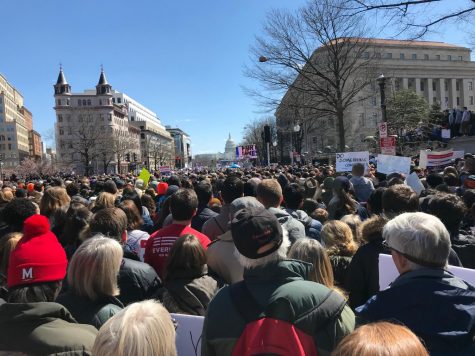
As the focus of this student-led movement shifts from activism to direct political engagement at the highest levels of government, Mason students should be afforded better opportunities to make their voices heard. There’s no better way to do so than by adding “civic engagement” to a list of reasons for excused absences.
There’s nothing wrong with Falls Church City Schools’ response to students’ advocacy. Mr. Hills was a staunch supporter of the March 14th walk-out last year. The school also lets the League of Women Voters host voter registration drives and lets the Lasso organize candidate forums for local political races.
However, student activism should not be limited to the school grounds; we should also be involved in protests, congressional hearings, and meetings with elected officials that will do more to influence policymakers than any walk-out could.
If I want to lobby my state senator in Richmond about gun legislation, I should be able to. If I want to attend the confirmation hearing for a Supreme Court Justice or speak at a hearing for a bill and either of those hearings happens to be during the school day, the school should excuse that absence.
Yes, the FCCPS school board attendance policy excuses absences, if the principal approves, for reasons not outlined in their policy, but leaving something so political to the principal’s discretion is a mistake. Allowing students to miss school without penalty for protesting, lobbying, or contributing to a political campaign is crucial to involve them in the political process and building civically-minded students.
By leaving something so political up to the discretion of one person, regardless of their status as a nonpartisan leader, we’re creating a system based on one person’s judgment, rather than established criteria.
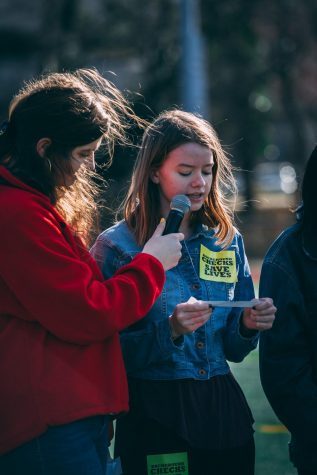
When asked, Principal Hills referred to the school board policy and did not comment further.
In September, the school board of Montgomery County Public Schools in Maryland introduced such a policy. They limit excused absences for civic engagement to three days per school year, a conservative number which provides students opportunities to get involved in causes without missing extensive class time and school work.
The Montgomery County policy would allow students in grades 9-12 to participate in campaigns during school hours, according to the drafted policy, “at the request of a political candidate or organization with written parent/guardian consent and notification to the principal.” It also allows students to participate in any political event or activity with written consent from a legal guardian and notification of the principal.
The policy includes clauses approving teacher involvement in the political process outside of school and allowing students to distribute political materials at school, as long as those materials are appropriate and follow school guidelines.
Our administrators have been supportive of student civic engagement when it minimizes conflict with the school priorities, but a year after Parkland, they should be more conscious of the demand for student action. On a Friday in mid-March, students around the world skipped school to protest climate inaction for the US Youth Climate Strike. Thousands of students marched in France and protests took place in almost 100 countries. By getting involved in similar marches, students develop stronger connections to material being taught in science and government classrooms.
“As the next generation of leaders, legislators, and activists, we deserve recognition and encouragement from our schools to pursue civic engagement that has the potential to make a difference,” said sophomore Grace Tarpgaard, a representative to the Falls Church Democratic Committee and member of Mason’s Young Democrats club.
We’re incredibly lucky to be so close to DC – only a ten-minute drive or a short Metro ride away from the biggest protests in the country, the Capitol building, and the Supreme Court. Just like Montgomery County, Falls Church City has the opportunity to advance hands-on learning, helping students stay civically engaged. That’s an opportunity administrator’s at an IB school shouldn’t pass up.






